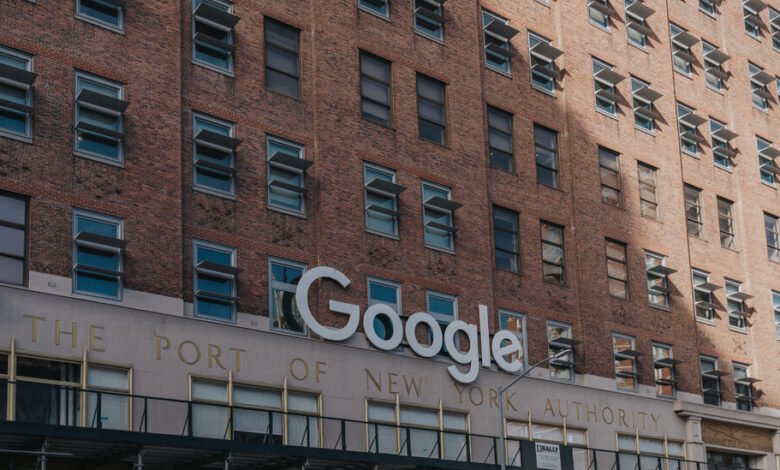Google Parent Alphabet Reports 12% Increase in Revenue

Google might be threatened with a breakup after losing two antitrust cases, but in the meantime it can console itself with piles of money.
Alphabet, Google’s parent company, posted results on Thursday that included a large jump in profit. Net income for the first quarter was $34.54 billion, up from $23.66 billion a year earlier.
Much of that increase, however, stemmed from equity investments, not operations. It’s still money, but less exciting to investors and analysts. Google shares rose modestly in trading after the news was released.
Revenue was $90.23 billion for the quarter, up 12 percent from a year earlier. That was slightly better than the consensus forecast of $89.15 billion. Income from operations rose 20 percent, better than expected.
Sundar Pichai, Google’s chief executive, said in a statement that the results “reflect healthy growth and momentum across the business.” When he and other executives were questioned in a conference call about how the potentially much rockier second quarter was going, they said it was too soon to tell.
The Mountain View, Calif., company also said it was authorizing a $70 billion stock buyback and raising its dividend 5 percent. Google introduced a dividend last year.
The tech giant got off to a queasy start in 2025, with its shares at one point down nearly 25 percent from a February peak. One reason was the economic turmoil induced by President Trump’s zeal for tariffs. The Chinese e-commerce companies Temu and Shein, for example, are significant advertisers on Google. With a trade war blossoming between China and the United States, they are buying fewer ads.
Analysts said the results might turn out to be a high point for the year. “Google registered strong numbers last quarter before a possible storm,” Yory Wurmser, principal analyst at eMarketer, wrote in a research note.
Another hurdle for Google: artificial intelligence. There is a rapid evolution in search guided by A.I., which is giving Google new competitors such as OpenAI and Perplexity.
Mr. Pichai stressed during the conference call that Google’s own ventures were doing well. “There has been a lot of momentum,” he said. AI Overviews, a new form of Google searching, has 1.5 billion users a month.
And then there are the antitrust losses. In August, a federal judge found that Google had an illegal monopoly in online search. The appropriate remedy is now being argued in court. This month, another federal judge ruled that Google had a monopoly in its online advertising technology.
Google is of course vowing to fight the antitrust cases until it achieves victory, but some analysts argue that it might be better to proactively break itself up. The past gives some encouragement to this view.
The government pursued IBM for 13 years, from 1969 until 1982, until its antitrust case was finally dropped. IBM never regained its dominance. Researchers have argued that it may have been better for the company if it had settled and been free to innovate. The same argument is applied to Microsoft. The software company prevented its own breakup on appeal in an antitrust case in 2001, but it, too, seemed to stall for a decade.
Google’s growth has been slowing, an inevitable consequence of its size and success. In its early years, revenue routinely increased 50 percent or 100 percent as the consumer internet went through a manic growth phase. That was when Google became a verb. Now it is much too big to grow fast.
Mr. Pichai did not mention the antitrust cases in his prepared comments on the call, and no analysts asked about them. Which doesn’t mean they think the problem will go away.
“We think the company may be required to change its business practices and could have to pay fines,” Dave Heger, senior communications services analyst at the brokerage Edward Jones, wrote in a research note.
The changes in operations are still undetermined, but Google could afford to pay just about any fine. Anat Ashkenazi, Alphabet’s chief financial officer, said the company had ended the quarter with $95 billion in cash and marketable securities.
To put that number in perspective, when Google went public in 2004 the entire value of the company was only a quarter of that — or $23 billion.
Source link






